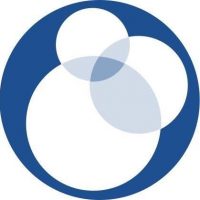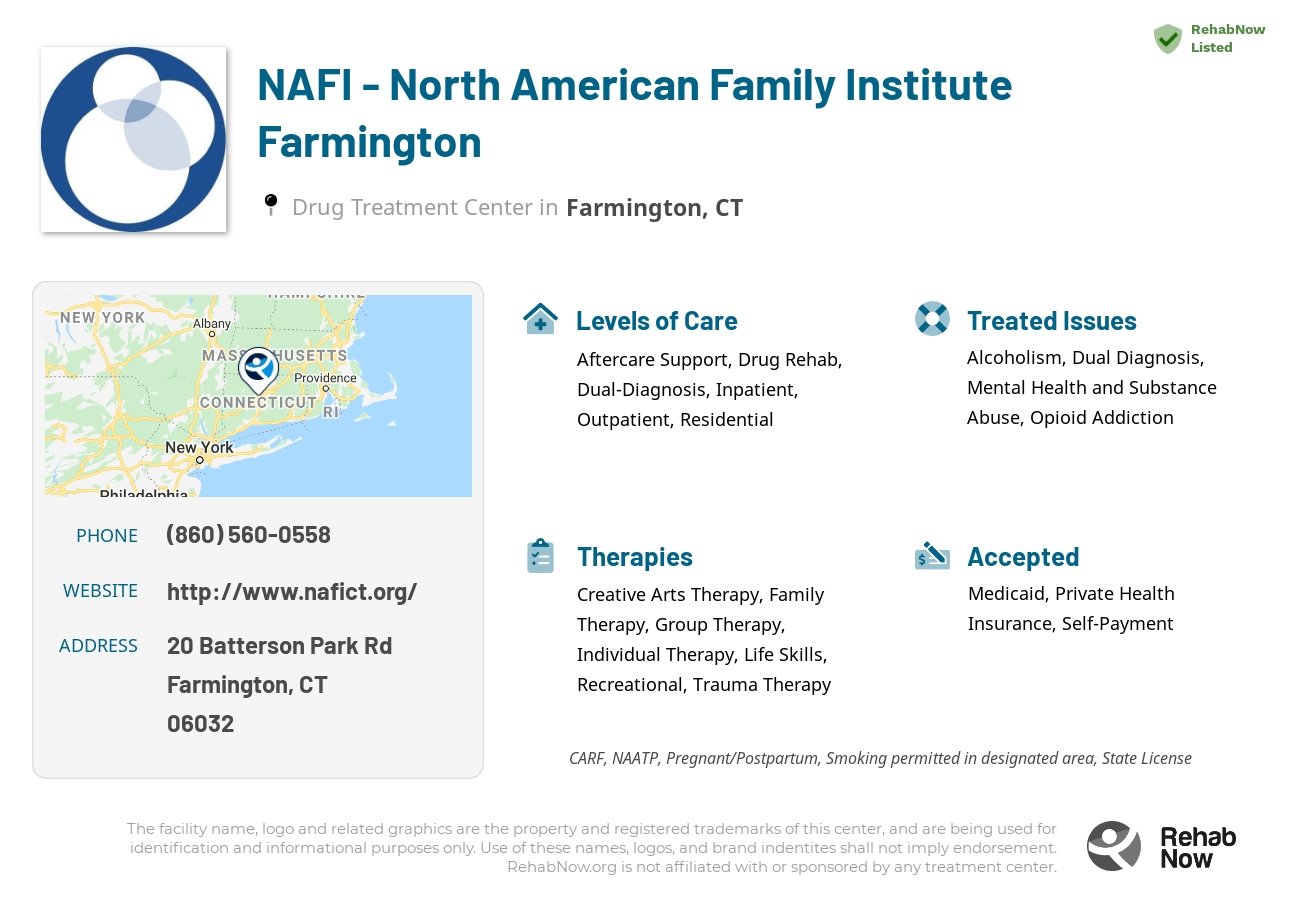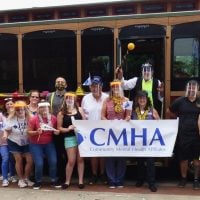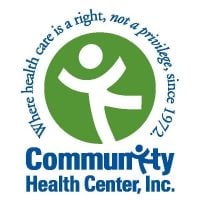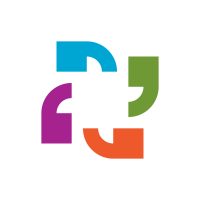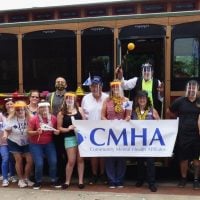NAFI - North American Family Institute Farmington
Drug Rehab Center in Farmington, Connecticut
NAFI is an addiction treatment center providing a variety of services to individuals with alcoholism, opioid, and drug addiction, including outpatient and residential care, as well as aftercare support. They accept private health insurance.
About NAFI - North American Family Institute Farmington in Connecticut
NAFI - North American Family Institute Farmington is a drug treatment center located in Farmington, Connecticut. This facility specializes in helping individuals struggling with alcoholism, opioid addiction, drug addiction, and dual diagnosis conditions. They offer a range of treatment programs at different levels of care, including inpatient, outpatient, and residential options. NAFI - North American Family Institute Farmington accepts private health insurance, making their services accessible to those with coverage. Affiliated with NAFI, this facility aims to provide effective and personalized treatment to individuals seeking to overcome their substance abuse issues.
At NAFI - North American Family Institute Farmington, individuals can expect to receive comprehensive and tailored care for their addiction and substance abuse problems. The facility offers various treatment methods to address different needs, including aftercare support, drug rehab programs, and dual-diagnosis treatment. This means that they not only focus on helping individuals overcome their addiction but also take into consideration any co-occurring mental health conditions. With a range of services offered at different levels of care, NAFI - North American Family Institute Farmington provides individuals with options that best suit their unique circumstances and treatment goals.
Genders
Ages
Modality
Additional
Conditions and Issues Treated
Opioid addiction starts when a person becomes addicted to legal or illegal opioids. The addiction can happen quickly, in just a matter of days. Opioid withdrawal can be extremely uncomfortable and lead the user to continue to use even if they want to quit. Stopping using an opioid requires medical observation. Sometimes inpatient treatment with a medically supervised detox is necessary for managing the withdrawal process while learning lasting tools for maintaining recovery. Medications may be used in some cases of opioid addiction.
Opioid addiction is one of Connecticut‘s most prominent forms of addiction. It’s treated by detoxifying the body so that the chemicals from the medications no longer impact them and by therapies to correct behavior and target the root of the problem.
Recovery is not simply about stopping drug use. Recovery is working with addiction while recovering mental health issues that are fueling the addiction in the first place.
Levels of Care Offered
This center offers a variety of custom treatment tailored to individual recovery. Currently available are Aftercare Support, Drug Rehab, Dual-Diagnosis, Inpatient, Outpatient, Residential, with additional therapies available as listed below.
Individuals who are suffering from severe addiction or have a high risk for dangerous health concerns are often recommended to receive inpatient treatment.
Choosing to enter an inpatient treatment program is beneficial for people who are suffering from severe addiction, or who have a high risk for dangerous health concerns.
Inpatient treatment is beneficial for:
- People who have a history of severe withdrawal.
- People who have attempted to overcome addiction on their own without success.
- People who have a history of relapse, or have recently relapsed.
- People at risk for drug overdose or withdrawal-related complications.
- People with medical conditions that are worsened by drug or alcohol use.
Outpatient treatment is considered the lower intensity level of addiction treatment. It’s ideal for early phase addiction or lower intensity addictions. It may include weekly sessions instead of daily. It may include weekly sessions instead of daily. Peer group support, 12-step programs, and individual counseling may still be involved but at a lesser frequency than an intensive outpatient program. It is a good choice for someone who doesn’t need to go through a medically supervised detox and who has a supportive home environment. It requires motivation and dedication to commit to the program without constant monitoring.
Residential treatment programs are those that offer housing and meals in addition to substance abuse treatment. Rehab facilities that offer residential treatment allow patients to focus solely on recovery, in an environment totally separate from their lives. Some rehab centers specialize in short-term residential treatment (a few days to a week or two), while others solely provide treatment on a long-term basis (several weeks to months). Some offer both, and tailor treatment to the patient’s individual requirements.
Aftercare support should take place after outpatient treatment has ended. There are a few different types of aftercare support that patients can seek. These include 12 Step, Self-help groups (AA, NA), Therapeutic communities, Long-term, structured sober living arrangements, and Halfway houses (residential treatment centers).
Therapies & Programs
Individual therapy involves one-on-one sessions between the patient and therapist. It provides patients with a safe environment to openly discuss personal and sensitive issues with the therapist. They find the therapist as someone they can trust. Individual therapy aims to identify the core issues that would have led the patient to substance abuse and address them effectively. The therapist can develop patient-specific customized solutions through individual therapy, which aids speedier recovery.
Family therapy is a group problem-solving that aims to improve communication and relationships between the addict, their family, and sometimes friends. The main goal of family therapy for drug addiction is to create an environment where communication can occur without judgment, hostility, or blame. The therapist is with the family as they learn to communicate differently, especially with the addict when s/he is using. The family can learn to reduce their enabling behavior or rally together and support each other during tough times.
An addict’s family can play a vital part in helping them to avoid relapse because they can spot the warning signs and help them get back on track before it becomes too much of a problem. Family therapy is one of the most effective ways to help addicts stay on the path to long-term sobriety. When a drug addict decides that they want to try and get sober, it takes the support of every person they love to succeed. It can be incredibly difficult for loved ones to watch an addict go through the pain and suffering of withdrawal, but by being there with them and supporting them, they can help to make sure that the addiction never returns.
Groups typically involve meetings with other recovering addicts who can relate to one another’s experiences. They might meet in person or online and typically focus on the process of staying sober rather than overcoming a specific addiction.
In these groups managed by NAFI - North American Family Institute Farmington, addicts can build a sense of community and develop strong emotional connections with others who understand what they are going through. These beneficial relationships can help addicts overcome their cravings and prevent relapse at any point during the recovery process.
In general, trauma therapy is a clinical process that helps individuals deal with mental stress often caused by traumatic events. The therapist helps the person identify, understand, and work through the problem. This is done with the help of talking about it in group or one-on-one counseling sessions. Therapists use relaxation, role-playing, art, and music to help the person open up about what is bothering them.
There are many different types of trauma therapists, such as psychiatric nurses and counselors. Not everyone is a good candidate for this type of therapy; it is generally reserved for people who have recently experienced a traumatic event and struggle to get over it. It is often done for children, teenage victims of sexual assault, and war veterans.
Since addiction is a chronic physical and mental illness, addicts need to learn as many life skills as possible. Many drug treatment centers offer life skills activities as part of their addiction recovery programs. Examples include cooking classes, employment training, resume writing seminars, parenting classes, and computer training. Life skills activities help addicts find employment, take care of their families, and give back to the community.
Payment Options Accepted
For specific insurance or payment methods please contact us.
Is your insurance accepted?
Ask an expert, call (888) 674-0062
NAFI Associated Centers
Discover treatment facilities under the same provider.
- NAFI - Child Youth & Family Support Center Willimantic in Willimantic, CT
- NAFI - Child Youth & Family Support Center Norwich in Norwich, CT
- NAFI - North American Family Institute - MST - TAY in New Haven, CT
- NAFI - North American Family Institute - ASBTE in Willimantic, CT
- NAFI - North American Family Institute - Outpatient Clinic in Waterbury, CT
Learn More About NAFI Centers
Additional Details
Specifics, location, and helpful extra information.
Farmington, Connecticut 6032 Phone Number(860) 560-0558 Meta DetailsUpdated November 25, 2023
Staff Verified
NAFI - North American Family Institute Farmington Patient Reviews
There are no reviews yet. Be the first one to write one.
Farmington, Connecticut Addiction Information
Connecticut has a higher rate of substance abuse and addiction than the national average. The state ranks in the top 10 in the country for illicit drug dependence among those ages 18 to 25. In 2010, there were 9,211 people admitted to an alcohol treatment facility for alcohol abuse combined with a secondary drug. Connecticut ranked fifth in the United States of America for the number of fatalities involving drunk driving in 2014.
Treatment in Nearby Cities
- Weston, CT (46.3 mi.)
- Meriden, CT (11.8 mi.)
- North Stonington, CT (51.0 mi.)
- Terryville, CT (11.1 mi.)
- Ansonia, CT (29.0 mi.)
Centers near NAFI - North American Family Institute Farmington
The facility name, logo and brand are the property and registered trademarks of NAFI - North American Family Institute Farmington, and are being used for identification and informational purposes only. Use of these names, logos and brands shall not imply endorsement. RehabNow.org is not affiliated with or sponsored by NAFI - North American Family Institute Farmington.
